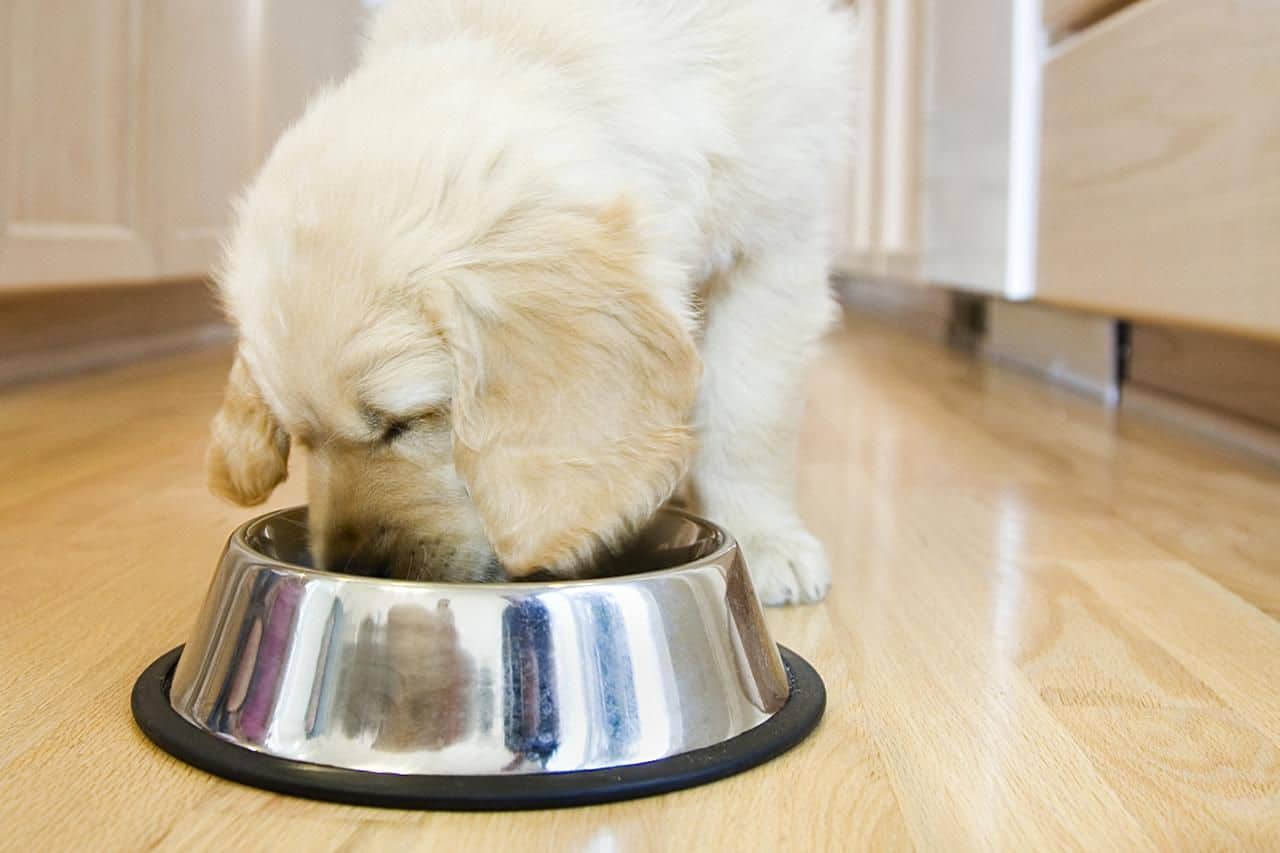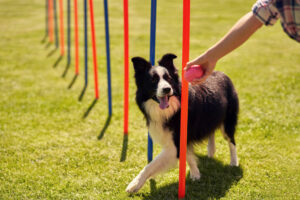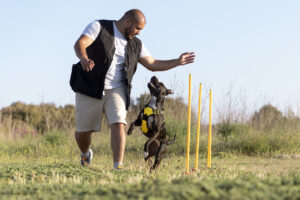As a dog owner, one of your most important responsibilities is ensuring that your furry friend is getting the nutrition they need to stay healthy and happy. Feeding your dog a balanced diet that meets their unique needs throughout their life stages is crucial for their overall health and wellbeing. In this dog feeding guide, we’ll explore the different nutritional requirements that dogs have at various life stages, from puppies to seniors.
Puppy Nutrition
Puppies have different nutritional needs than adult dogs, as they are still growing and developing. Puppies require more protein, fat, and calories than adult dogs to support their growth and energy needs. Look for puppy food that is labeled as “complete and balanced” to ensure that your pup is getting all the nutrients they need. Additionally, make sure to feed your puppy several small meals throughout the day, as they have smaller stomachs and need to eat more frequently.
Adult Dog Nutrition
Once your dog reaches adulthood, their nutritional needs will change. Adult dogs require a balanced diet that provides them with the right amount of protein, carbohydrates, fats, vitamins, and minerals. Feeding your dog a diet that is appropriate for their breed, size, and activity level is important to maintain their health. If your dog is overweight or has health issues, talk to your veterinarian about a specialized diet that can help them manage their condition.
Senior Dog Nutrition
As dogs age, their metabolism slows down, and they may become less active. Senior dogs require a diet that is lower in calories and fat to prevent weight gain, but still provides them with the right amount of nutrients to support their aging bodies. Look for senior dog food that is formulated with joint-supporting ingredients and high-quality protein to maintain muscle mass.
Feeding Tips for All Life Stages
No matter what life stage your dog is in, there are some feeding tips that can help ensure that they are getting the most out of their meals. Here are some tips to keep in mind:
Always provide fresh, clean water for your dog.
Feed your dog at the same time every day to establish a routine.
Avoid feeding your dog table scraps or human food, as it can upset their stomach and lead to obesity.
Monitor your dog’s weight and adjust their diet as needed.
If you’re switching your dog’s food, do it gradually over a period of several days to avoid digestive upset.
In conclusion, feeding your dog a balanced diet that meets their unique needs at each life stage is essential for their health and wellbeing. By following the tips outlined in this dog feeding guide, you can ensure that your furry friend is getting the nutrition they need to thrive. Remember, if you have any questions or concerns about your dog’s diet, talk to your veterinarian.







